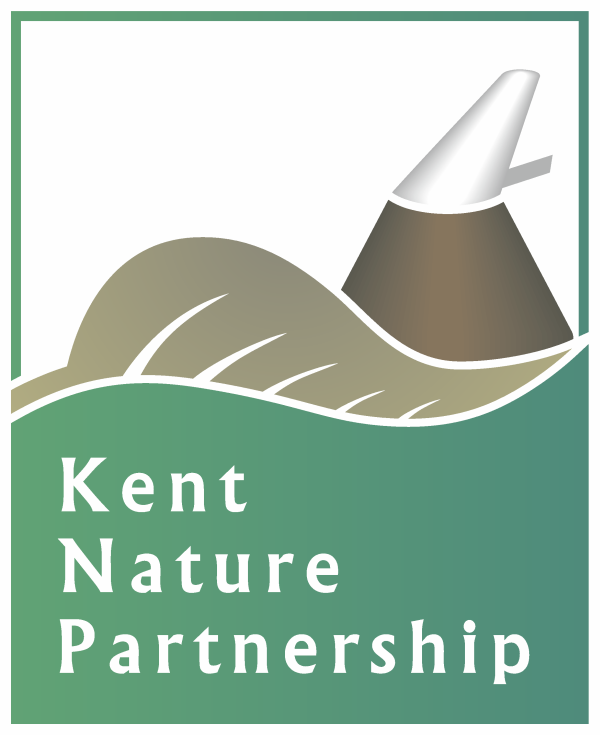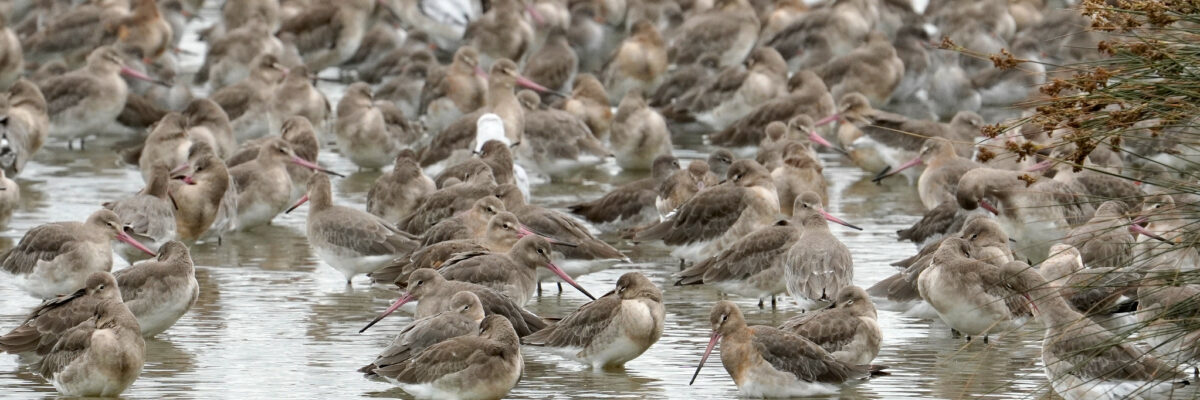Nature Based Solutions
Nature-based solutions to the climate crisis will be essential for both mitigating and adapting to climate change while at the same time restoring nature. This includes solutions to problems ranging from flooding and air quality, to managing and creating habitats to lock up and sequester huge amounts of carbon. Good policy, funding and practical application will be needed in the county to ensure Nature-based solutions are more widely applied.
The International Union for the Conservation of Nature (IUCN) has developed the first ever global standard for nature-based solutions to help users design, implement and verify their actions. As the world moves towards implementing the UN Sustainable Development Goals, it is imperative that future investments in nature contribute to the health and wellbeing of the society, economy, and environment.
A global standard for nature-based solutions is needed, as there have been cases of misuse of the concept that can lead to environmental degradation. For example, increasing tree planting with non-native species can result in poor soil quality and reduce biodiversity, leading to an unsustainable woodland. The global standard includes a self-assessment that consists of eight criteria and associated indicators, which address the pillars of sustainable development (economy, environment and society) and resilient project management. The guidance for the standard instructs the users how to perform the assessment to design a project, identify gaps and assess past projects and future proposals. The global standard is on its first step with the launch of the first version in July 2020.
At a national level, the UK’s Committee on Climate Change has recommended (in April 2020) that land use change should be a significant element of the holistic strategy to deliver the net zero emissions target by 2050. A natural capital approach is recommended to be embedded at the heart of the Government’s decision making and should be fully integrated into local planning, infrastructure decisions and efforts to achieve Net Zero. The Natural Capital Committee’s (NCC) paper in April 2020 sets out the advice on using nature-based interventions to ‘restore natural assets and as a result, deliver multiple benefits. The report highlights that there are necessary changes in land-use needed across the UK to achieve this.
These include:
- Managing and increasing tree cover.
- Maintaining and increasing soil carbon, including peatland restoration.
- Improving wildlife/biodiversity.
- Managing freshwaters and wetlands and changes in marine use.
Within each of these sections of the report there is clear research that there are still significant data gaps in metrics on habitat areas across the UK to be able to assess and measure the solutions implemented.

